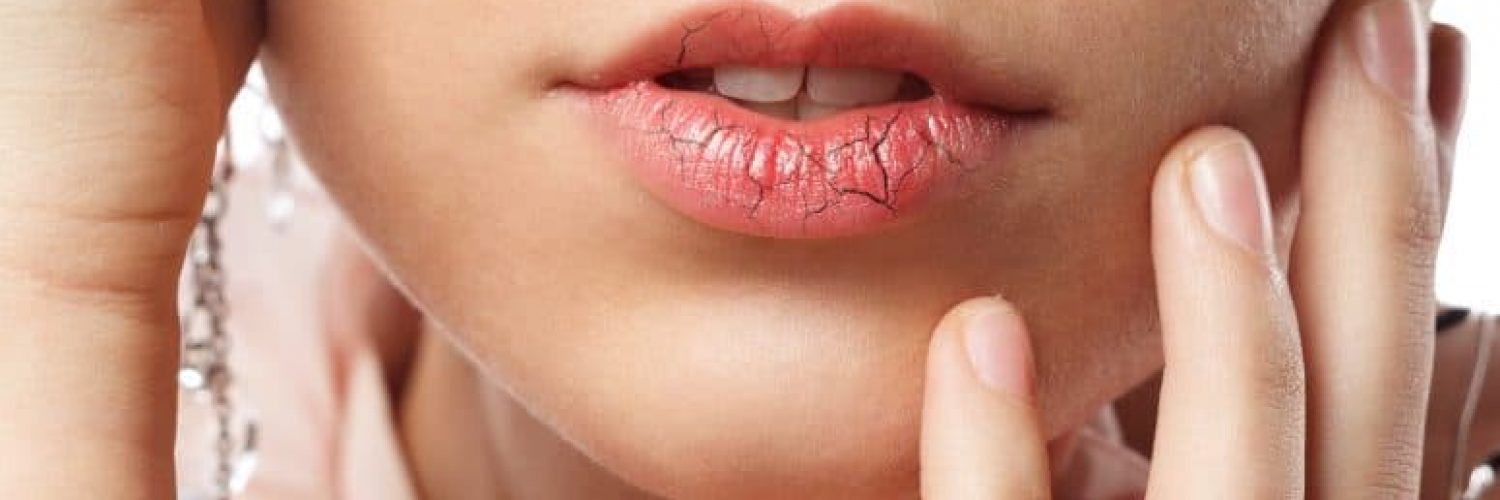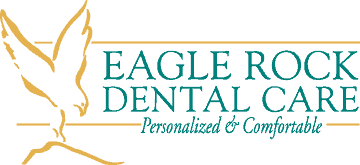Dry Mouth also is known as Xerostomia, is characterized by a decreased flow of saliva. Dry mouth is more common in older adults as a result of aging and hormonal changes; medical illnesses such as cancer that require radiation therapy to the face/neck, and Sjogren’s syndrome among others. Dry mouth is also a side effect from a wide variety of medications including drugs used to treat depression, anxiety, pain, allergies, obesity, acne, epilepsy, hypertension, diarrhea, nausea, psychotic disorders, asthma, and Parkinson’s disease.
Some problems associated with dry mouth may be difficulty speaking, burning sensation, difficulty swallowing, and dry nasal passage. When saliva is reduced or absent, it can also negatively affect the teeth and gums. Our saliva has natural buffers which help protect our teeth from acids made by plaque and helps wash debris off the teeth. People who have dry mouth are more prone to developing inflamed gums, tooth decay, or fungal infections on the oral tissues.
If you have dry mouth, there are some helpful products and remedies. Sipping on water through out the day is a cost effective way to help moisten the mouth and rinse the teeth. There are special lozenges (called Salease)that help promote saliva flow. Biotene is a product that helps moisten and neutralize the oral environment. Artificial salivas such as Saliva Substitute, Mouth Kote, and Moi-Stir can also help. For more severe cases of dry mouth, prescribed medications such as Salagen and Evoxac can help stimulate salivary function.
Those who suffer from dry mouth tend to have higher levels of plaque than those with normal saliva and should see their dentist more often. Managing dental decay is critical for those suffering from dry mouth. Fluoride/ Acidulated Calcium Phosphate (ACP) delivery trays or in-office treatments can help protect and re-mineralize the tooth. At home, it is very important to clean the teeth and gums properly and remove all plaque every day. Some tools that will improve home care include electric tooth brushes, daily flossing, tongue scraper, and a water flosser by WaterPik. Talk to your dentist or hygienist if you suffer from dry mouth or have noticed a change in your salivary flow.
If you currently suffer from dry mouth do more than just sip water. Dry mouth can lead to other issues you may be unaware of like:
- Ongoing bad breath
- Cavities
- Mouth infections
Dry mouth is a condition which occurs when the amount of saliva in your mouth is reduced. Your saliva has proteins and enzymes in it and is essential for lubricating your mouth, also keeping it healthy. It helps flush away bacteria, reduces bad breath and prevents infections. When your mouth is not moist enough bacteria and food can stick to your teeth causing a buildup of plaque. This increases your chances of cavities, bad breath, gum disease and other oral problems.
What causes dry mouth and how do I know if I have it? These are a few questions you may need to answer to confirm that you’re suffering from dry mouth. Conditions such as cancer, depression, and diabetes are affiliated with dry mouth. Medications, however, are the number one cause of it, including prescription and non-prescription. Most patients do not even realize they suffer from dry mouth until their saliva is reduced by 50%. At this time oral conditions may have already set in.
Other things you can do to ease your symptoms are:
- Drink small regular sips of cold, unsweetened drinks
- Avoid things that dry the mouth, like hard dry crunchy food
- Dunk dry or crispy food into liquids to make them softer
- Increase the moisture in your foods, add broth, soup, gravy, cream, yogurt etc.
- Make sure to steam your vegetables to soften them up
- Take sips of liquid while eating your foods
If you are experiencing symptoms, contact Eagle Rock Dental Care in Idaho Falls, Rexburg, or Arco for a regular check up to monitor ongoing oral problems. With an early diagnosis and ongoing home care management, you can avoid some of its damaging effects.

